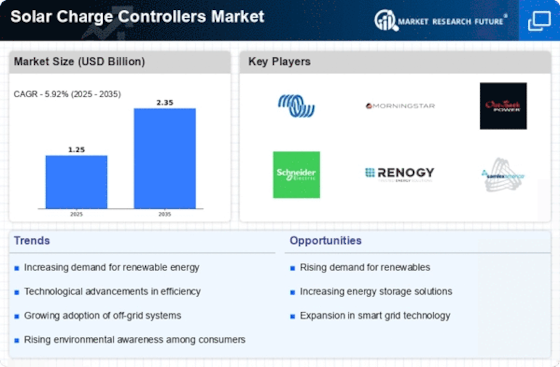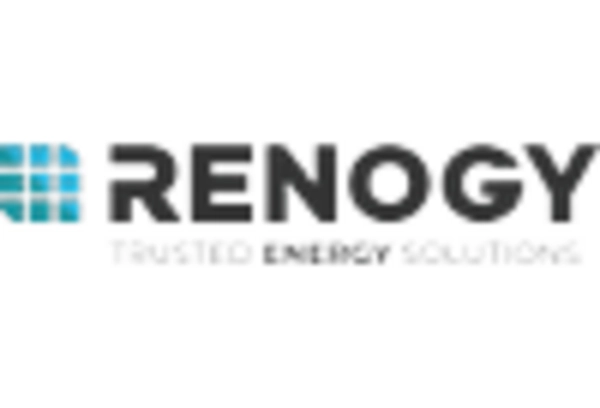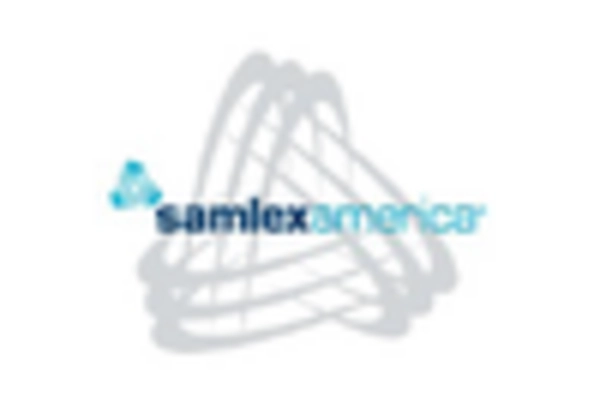Market Analysis
In-depth Analysis of Solar Charge Controllers Market Industry Landscape
Mostly known as a DC-coupled system, where the flow of energy from the panel goes into the storage system under direct connection through only one route. This implies that batteries connected to such storage systems have an extended lifetime compared to those that do not use charge controllers, unlike other examples (Glynn et al., 2011). This means that it is able to protect systems from overcharging 2 and sometimes overvoltage, which may lead to riskiness in safety issues if not prevented by these devices made up for most recent advances in their design and efficiency (Mauk et al., 2009). The overall performance of a PV system is typically improved by Advanced charge regulators, making it possible to extract maximum power out of PV modules. Government incentives, subsidies, and policies promoting renewable energy play a crucial role in driving the Solar Charge Controllers market. Many governments worldwide offer financial incentives and rebates to encourage the adoption of solar power systems, including the use of charge controllers. The expanding off-grid and rural electrification initiatives contribute significantly to the growth of the Solar Charge Controllers market. In remote areas where grid access is limited or unavailable, solar power systems combined with charge controllers offer a reliable and sustainable source of electricity. The decreasing cost of solar photovoltaic components, including solar panels and batteries, positively influences the Solar Charge Controllers market. Consumer preferences for energy independence and grid resilience influence solar charge controllers. While individuals and corporate bodies are trying to minimize dependence on conventional power grids and to secure continuous, reliable electric power supply, the demand for solar energy systems equipped with effective charge controllers is increasing. Different solar applications start from residential and commercial installations, going all the way to industrial and utility-scale projects, hence influencing market dynamics. Competitive factors like consolidation of markets, joint ventures in technology, and mergers encourage changes in the Solar Charge Controllers market. In conclusion, a few factors, including worldwide adoption of solar energy sources, advancement in technology, subsidies offered by governments concerning off-grid initiatives, reducing costs related to pricing that is accomplished through labor efficiency improvements or bulk buying incentives that lower price point for customer's preference variation depending on what kind of application they have will be responsible the growth of this particular industry.


















Leave a Comment